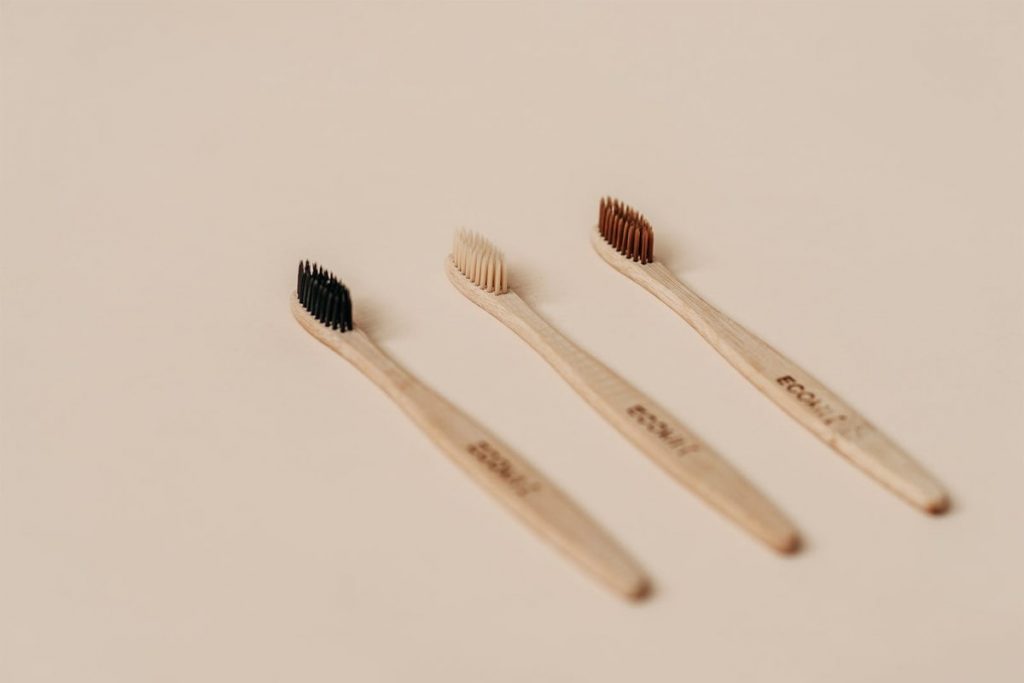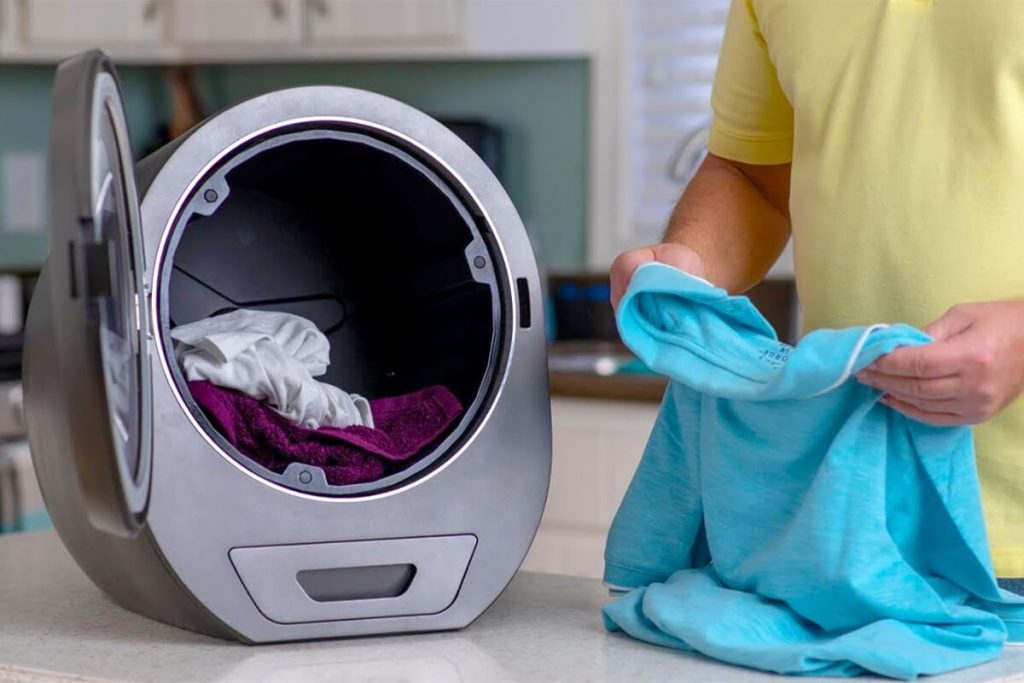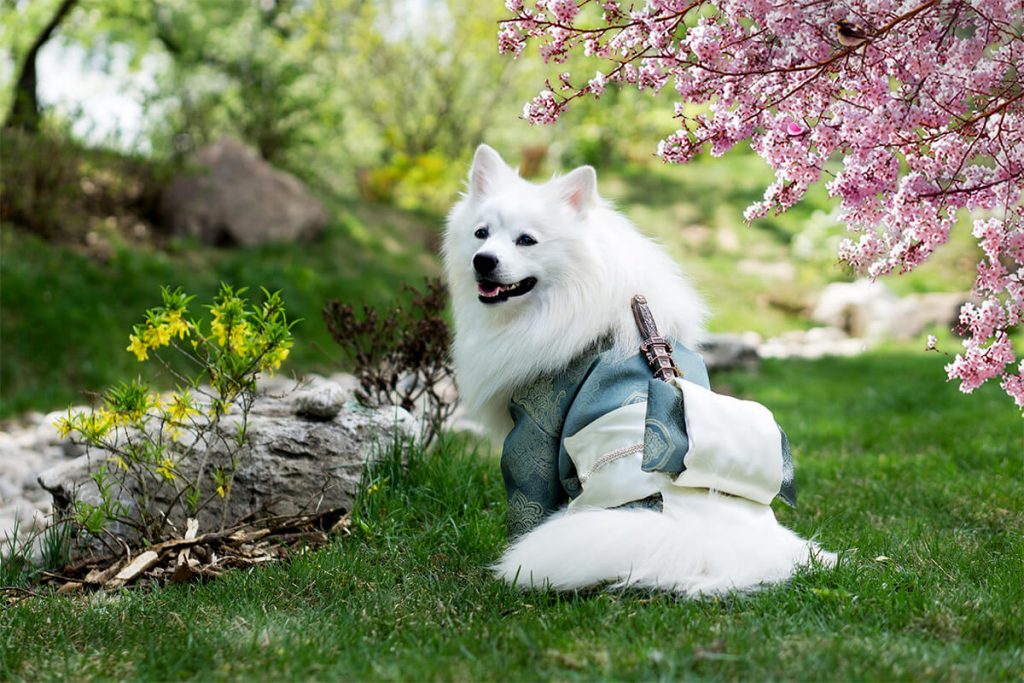As a cat owner, one of the most critical decisions you'll face is what to feed your feline friend. Cats are obligate carnivores, which means they require a diet primarily composed of meat. But with an overwhelming array of options out there - wet, dry, grain-free, high-protein - how can you ensure you're providing the best diet for your pet? This article is your comprehensive guide to distinguishing between good cat food and not-so-great choices.
Good Cat Food vs. Bad Cat Food: Decoding the Labels
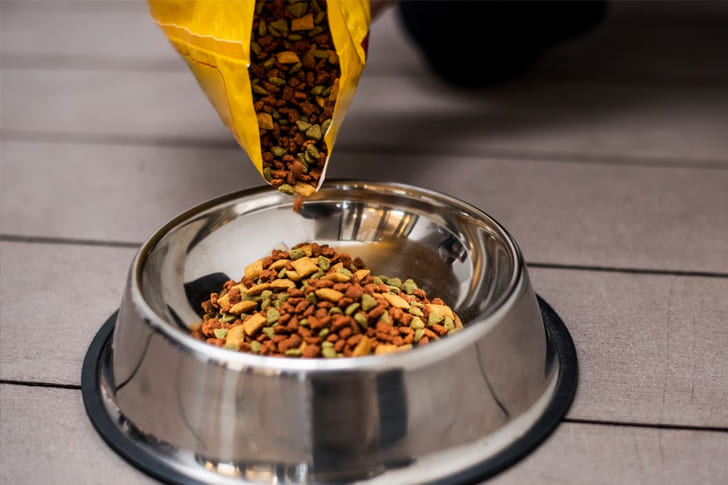
rawpixel.com / freepik
When it comes to cat food, not all products are created equal. But understanding what makes a 'good' or 'bad' cat food requires a bit of label detective work.
Bad cat food is typically characterized by high levels of fillers, like corn and wheat, and low-quality by-products. These can often lead to an overconsumption of carbohydrates and a lack of essential nutrients. Moreover, artificial colors, preservatives, and flavors are red flags as they can cause allergic reactions and other health issues.
Conversely, good cat food primarily consists of high-quality, identifiable animal proteins as the first ingredient. It also includes essential taurine (an amino acid crucial for cat's health), vitamins, minerals, and moisture content while avoiding excessive carbohydrates and unnecessary fillers.
Identifying Good Cat Food: The Key Elements
High-Quality Animal Proteins
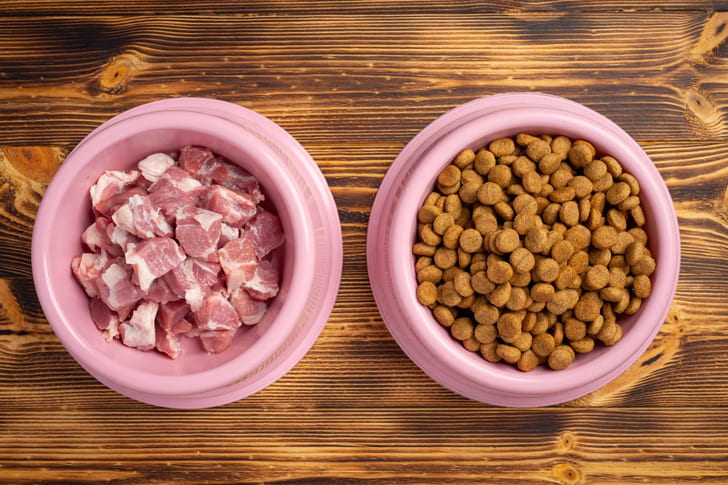
jcomp / freepik
Cats are obligate carnivores, meaning they have a biological need for a diet rich in meat. Animal proteins contain essential amino acids that are critical for your cat's health. Look for cat foods where high-quality, identifiable animal proteins such as chicken, fish, or beef are listed as the first ingredient. This indicates that the product contains more of this ingredient than any other. Avoid foods where the protein source is unidentified (like "meat" or "poultry") or comes from low-quality by-products.
Essential Nutrients
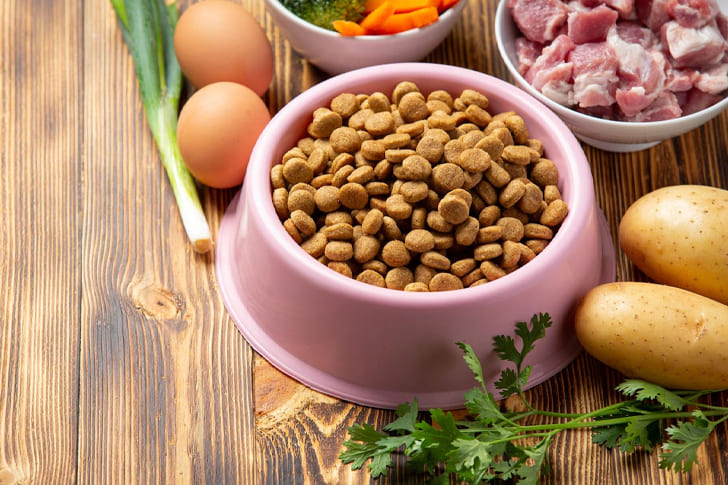
jcomp / freepik
Cats require a variety of essential vitamins, minerals, and amino acids that they can't produce on their own. For instance, taurine is an amino acid that is crucial for your cat's heart health, vision, and reproduction. Lack of taurine can lead to serious health problems in cats. Arachidonic acid, an essential fatty acid, is another nutrient that cats cannot produce themselves. Also, vitamins A and D, which are vital for immune function, bone health, and vision, are required in their diet. Look for foods that contain these essential nutrients.
Moisture Content
Cats originated from desert climates and have a naturally low thirst drive. They are adapted to derive the majority of their water intake from their food. This is why wet food, which is typically about 70-80% water, can be a beneficial addition to your cat's diet, especially if your feline friend doesn't drink enough water from a bowl. Whether you choose wet or dry food, ensure that your cat has access to fresh water at all times.
Avoid Excessive Carbohydrates and Fillers
Cats have little dietary need for carbohydrates. In the wild, their diet would consist of a high percentage of protein, a moderate amount of fat, and a minimal amount of carbohydrates. Domestic cat foods, especially dry foods, often contain a higher percentage of carbohydrates. Look for cat foods with low carbohydrate content. In addition, avoid foods that contain unnecessary fillers, such as corn, wheat, or soy, which are often used to bulk up the food but offer little nutritional value.
Healthy Fats
Fats provide the most concentrated source of energy for cats. They supply essential fatty acids and aid in nutrient absorption. Look for identifiable animal-based fats, such as chicken fat, in cat food. Be wary of generic or unidentifiable fats like "animal fat."
Fiber Content
While cats don't need a lot of fiber in their diet, a certain amount can aid in digestion and help prevent obesity and constipation. Prebiotic fibers, such as beet pulp and chicory root, can also promote a healthy gut microbiome. The fiber in cat food should come from high-quality sources and make up a small percentage of the total ingredients.
Pro Tips for Choosing Cat Food
Consider Your Cat's Life Stage and Health: Kittens, adults, and senior cats have different nutritional needs. Similarly, cats with health conditions may require special diets. Always consider your cat's specific needs when choosing food.
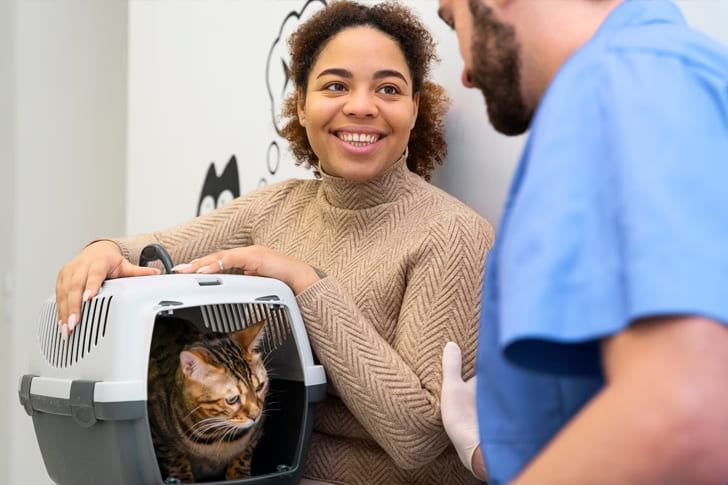
freepik / freepik
Consult Your Vet: Your vet can provide valuable advice based on your cat's age, health status, and specific nutritional needs.
Consider a Mix of Wet and Dry Food: While dry food is convenient and beneficial for dental health, wet food provides necessary hydration. A mix of both can offer a balanced diet.
Price Doesn't Always Indicate Quality: Just because a cat food is expensive doesn't necessarily mean it's good. Always read labels and consult your vet to make sure you're getting the best food for your feline friend.
In conclusion, choosing the right cat food is about understanding your pet's nutritional needs and being able to identify high-quality ingredients on the product label. Your cat's diet directly affects its health and well-being, so it's worth taking the time to make the right choice. Remember, every cat is unique, so what works for one might not work for another. Always consult with your vet to determine the best diet for your particular pet. And remember, the happiest cats are not only well-loved but also well-fed!
show more
















